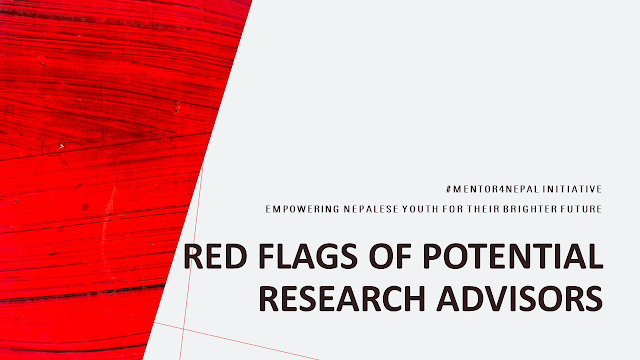Mentoring in job and workspace
Mentoring is a relationship between a more experienced person (the mentor) and a less experienced person (the mentee). The mentor provides guidance, support, and advice to the mentee, helping them to develop their skills and knowledge. Mentoring can be a valuable asset for both the mentor and the mentee.
For the mentor, mentoring can be a way to give back to the community, share their knowledge and experience, and help others to succeed. It can also be a rewarding experience to see a mentee grow and develop under their guidance.
For the mentee, mentoring can be a way to learn from someone with more experience, get advice on their career, and build their network. It can also be a source of support and encouragement, especially when they are facing challenges.
Mentoring has been shown to have a number of benefits for both the mentor and the mentee. For the mentor, mentoring can help to:
- Develop leadership skills
- Improve communication skills
- Increase job satisfaction
- Stay up-to-date on industry trends
For the mentee, mentoring can help to:
- Develop their skills and knowledge
- Advance their career
- Build their network
- Gain confidence
- Feel supported and encouraged
There are many different types of mentoring relationships. Some mentoring relationships are formal, while others are informal. Formal mentoring relationships are typically arranged through an organization, such as a company or a university. Informal mentoring relationships are often formed organically, such as when a more experienced colleague takes an interest in a less experienced colleague.
No matter what type of mentoring relationship it is, there are a few things that are essential for a successful mentoring relationship. First, the mentor and the mentee need to have a good rapport. They need to be able to trust each other and feel comfortable communicating with each other. Second, the mentor needs to be willing to give their time and energy to the mentee. Mentoring can be a demanding activity, so the mentor needs to be committed to the relationship. Third, the mentee needs to be open to learning and growing. They need to be willing to put in the effort to develop their skills and knowledge.
Mentoring can be a valuable asset for both the mentor and the mentee. If you are interested in finding a mentor or becoming a mentor, there are a number of resources available to help you. You can contact your company's human resources department, your university's career center, or a local mentoring organization.
Here are some additional benefits of mentoring in the workplace:
- Mentoring can help to improve employee retention. When employees feel supported and valued, they are more likely to stay with their company.
- Mentoring can help to increase employee productivity. When employees are able to learn and grow, they are more likely to be engaged in their work and produce high-quality results.
- Mentoring can help to create a more positive work environment. When employees feel supported by their colleagues, they are more likely to be happy and productive at work.
If you are interested in finding a mentor or becoming a mentor, I encourage you to reach out to your company's human resources department or a local mentoring organization. Mentoring can be a rewarding experience for both the mentor and the mentee.
#mentoring #workplacementorship #careerdevelopment
#professionaldevelopment #employeedevelopment #leadershipdevelopment #personaldevelopment
#mentoringprograms #mentoringresources #mentoringtips #howtofindamentor #howtobecomeamentor
#benefitsofmentoring #mentoringintheworkplace #mentoringforemployees #mentoringformanagers
#mentoringforleaders #mentoringforsuccess #mentoringforgrowth #mentoringforchange
Declaimer: This article was generated with the help of Bard, a large language model
from Google AI. Bard is still under development, and it is not able to generate
text that is completely accurate or error-free. The information in this article
is for general informational purposes only and should not be considered a
substitute for professional advice.
I, Tri Dev Acharya, do not make any representations or warranties of any kind, express or implied, about the completeness, accuracy, reliability, suitability, or availability of the information. Any reliance you place on this information is strictly at your own risk. I will not be liable for any loss or damage arising from the use of this article or any links provided.



Comments
Post a Comment